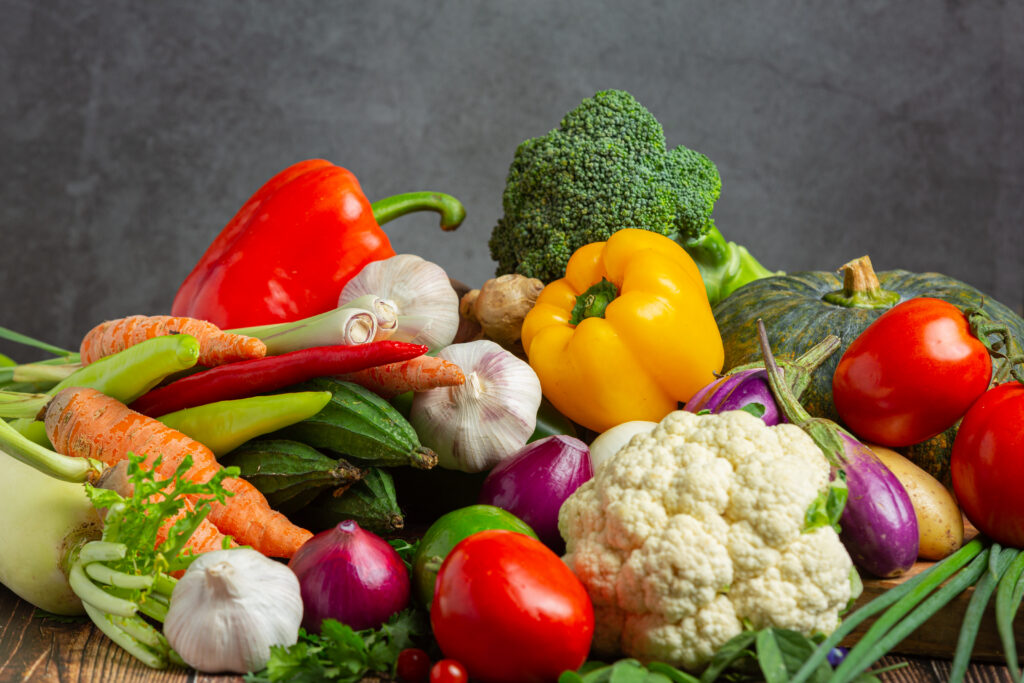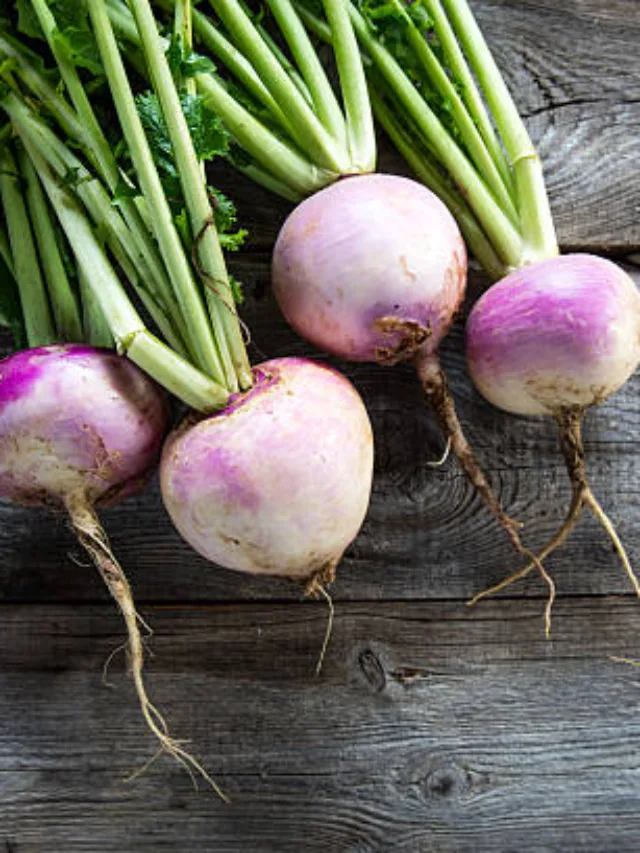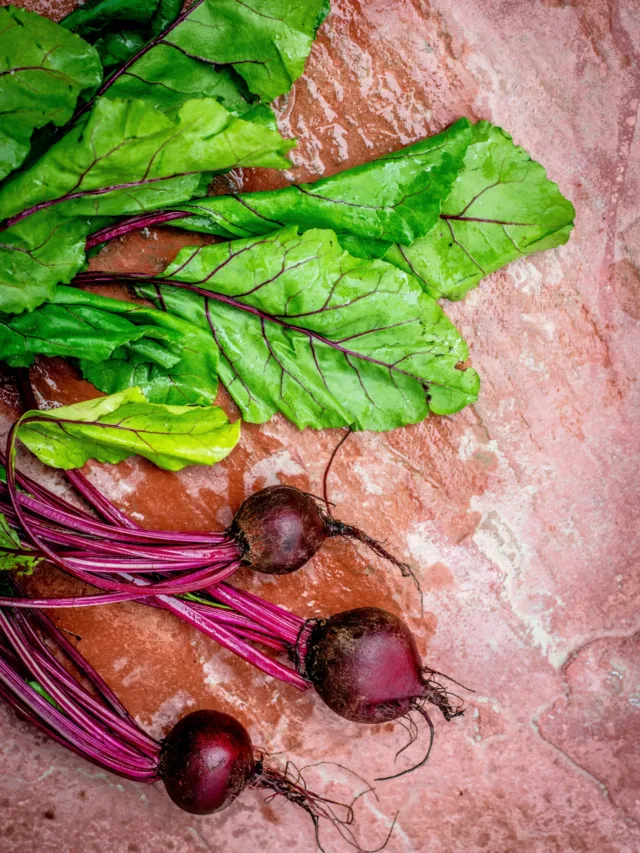
Veggies are a cornerstone of a healthy diet, providing essential nutrients, vitamins, and minerals. But with so many options available, which veggies are the best for our bodies anytime? In this blog post, we’ll explore some of the healthiest vegetables you can incorporate into your diet, whether you’re looking for a snack, side dish, or main course.
Here’s Is The Veggies Names
1. Spinach
Spinach is a leafy green vegetable packed with nutrients. It’s rich in vitamins A, C, and K, as well as iron, calcium, and magnesium. Spinach is versatile and can be added to salads, smoothies, soups, and even omelets.
Benefits:
- Supports bone health
- Boosts immune function
- Enhances skin health
2. Broccoli
Broccoli is a cruciferous vegetable known for its high vitamin C and fiber content. It also contains powerful antioxidants like sulforaphane, which have been linked to various health benefits.
Benefits:
- Promotes heart health
- Reduces inflammation
- Supports digestive health
3. Carrots
Carrots are a great source of beta-carotene, which the body converts into vitamin A. They are also high in fiber, vitamin K1, and antioxidants, making them an excellent choice for maintaining good vision and skin health.
Benefits:
- Improves vision
- Enhances skin health
- Supports immune function
4. Sweet Potatoes
Sweet potatoes are not only delicious but also packed with nutrients. They are rich in fiber, vitamins A and C, and manganese. Sweet potatoes have a low glycemic index, making them a good option for blood sugar regulation.
Benefits:
- Supports eye health
- Boosts immune system
- Regulates blood sugar
5. Bell Peppers
Bell peppers are colorful vegetables that provide a significant amount of vitamin C, vitamin A, and potassium. They are also low in calories and high in fiber, making them a great addition to any meal.
Benefits:
- Boosts immune system
- Promotes eye health
- Supports heart health
6. Kale
Kale is often dubbed a “superfood” due to its impressive nutrient profile. It’s high in vitamins A, C, and K, as well as calcium and antioxidants. Kale can be eaten raw in salads, blended into smoothies, or cooked as a side dish.
Benefits:
- Supports bone health
- Enhances detoxification
- Reduces cancer risk
7. Brussels Sprouts
Brussels sprouts are mini cabbages that are high in fiber, vitamins C and K, and antioxidants. They are known for their cancer-fighting properties and can be roasted, steamed, or sautéed.
Benefits:
- Supports digestive health
- Boosts immune function
- Reduces cancer risk
- How to Achieve Full-Body Fitness with 5 Health Components?
- How to Reduce Food Waste: Practical Tips for a Sustainable Kitchen
- Air-Fryer Taquitos with Cauliflower and Black Beans: A Healthy, Crispy Delight
- Quick and Healthy Tacos: A Delicious Meal Under 300 Calories
- 200g Meal Portions for a Healthy and Sustainable Diet




